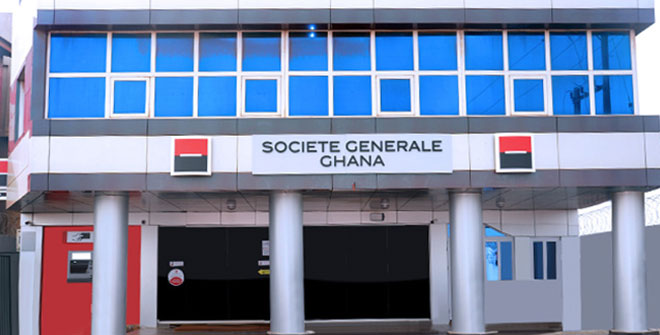With barely a couple of weeks to go, Societe Generale (SG) Ghana has finally joined the group of banks which have met the new minimum capital requirement of GH₵400 million before the December 31, 2018 deadline.
This was made possible after shareholders of the bank authorised the board of the bank to increase its stated capital by transferring GHȼ97 million from income surplus to stated capital.
This was done through the issue of a bonus share of six to one and a renounceable rights issue to raise up to GHȼ170 million.
This effort, has, however, strengthened the capital base of the bank to enable it to engage in big-ticket financial transactions.
Its management now expects the new capitalisation to position the bank to take advantage of the huge opportunities in the economy.
It will also enhance SG Ghana’s competitive edge and enable it to deal with new challenges.
The new stated capital of the bank has also improved the single obligor limit of the bank, which has an impact on trade finance and fee income generation.
With the present state of the industry, the development is to make the bank more efficient, especially at a time when the central bank has stopped granting waivers for single obligor limits.
Over the years, the bank has grown to become one of the leading banks with more than 42-networked outlets across the country.
SG Ghana is a pioneer in giving meaning to the term ‘consumer banking’ in Ghana.
It provides retail and corporate clients with dedicated innovative products and services aimed at satisfying and anticipating customers’ needs.
ALSO READ: UBA Ghana exceeds BoG’s minimum capital requirement
The bank is recognised for supporting individuals and businesses of various sizes and backgrounds to achieve their full potential in order to provide the needed support to help grow the country’s economy.
The bank is the foremost innovator in the banking industry, spearheading key reforms such as doorstep banking, factoring, cash management, foreign exchange and commodity hedging, consumer credit loan and bill payments to meet the needs of customers.




